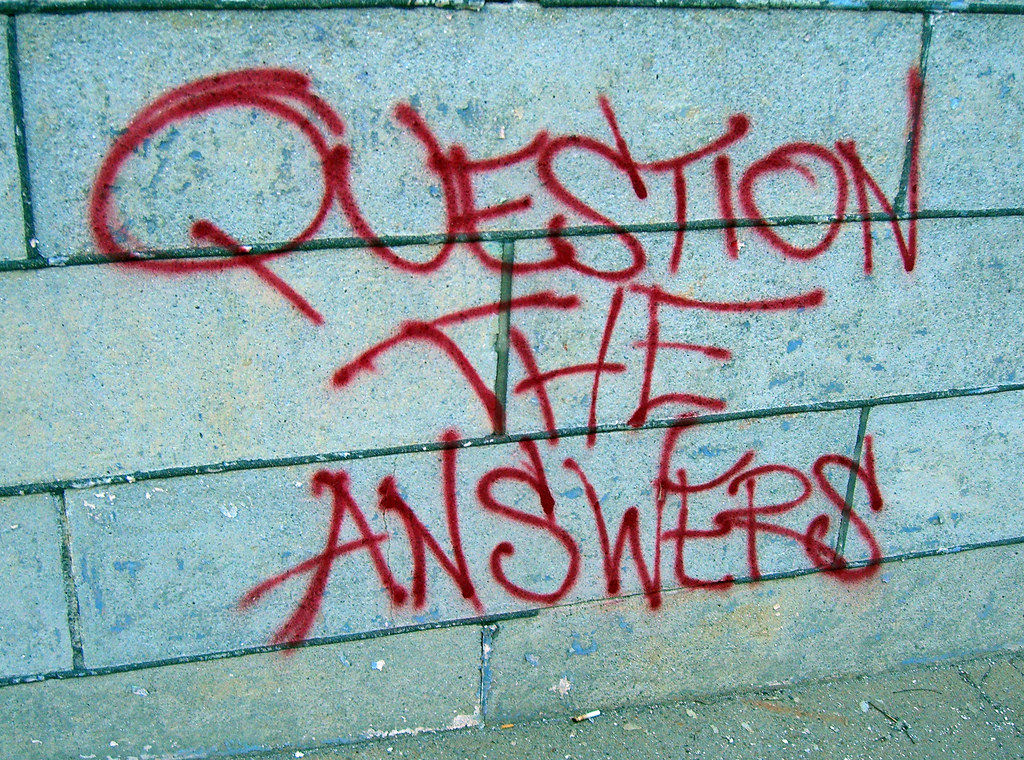David Schwartz, Ripple’s CTO as his custom is, is holding another AMA on Quora on Tuesday, 4th April. Questions have built up fast on Quora, and the one most presented to the master concerns block chain’s best use. There are also questions around the state of the markets, especially with XRP’s recent listing at CoinBase.
Read: Ripple Steps into the $180 Billion Gaming Gold Mine with Forte
This is at the midst of other encouraging developments as Euro Exim bank announcing plans of joining other global financial institutions using Ripple’s xRapid platform. Besides, Ripple’s Xpring platform is also gathering momentum outside the finance arena after joining hands with Forte. With all these new XRP use case adoptions, the AMA attendees are curious to know which XRP use case is David Schwartz’s most favorite.
Drama at Quora
The CTO recently notified his followers on Twitter that one of his “joke” answers at his last AMA at Quora had been censored. The cryptosphere was founded on the virtues of liberty, decentralization, and disintermediation, so the censorship left an expected sour taste.
As content moderation takes center stage on user-generated content platforms, Quora has taken a somewhat strong stance against joke answers. Quora has diverse users who often post hilarious responses to the humorous questions that are allowed on the site. Bottom line is Quora is not kidding around and is showing that it will do what needs to be done, to keep the platform’s environment attractive.
The Era of A.I driven moderation
Social media platforms are increasingly using AI driven moderation technology to filter out any content termed as illegal. This kind of material includes everything from terrorist material to hate speech.
Also Read: Ripple’s CTO David Schwartz on the XRP xRapid Private Ledger
While the Ripple CTO’s post was neither one of those, it could be in the outlier category of content that is neither illegal nor unattractive but is deemed harmful needing control. Disinformation also known as fake news falls in this category.
Moving Beyond Moderation to Control
The proposed EU regulation on the prevention of terrorist content in user-generated content platforms, of course, has its many merits. Some aspects of it are pointers too, to the massive centralization of information taking place.
The law expects platforms to institute measures” to automatically block content deemed unfit. This quantum leap from monitoring to control could lead to the creation of take-down systems that influence what or who gets access to these platforms.
Are the rules more relaxed blockchain based sites? Suggestions that Schwartz should have hosted his AMA on a blockchain site to steer clear of censorship were plenty. Lazyfox.io has a Q&A arena much like Quora, but smaller, but its content is hosted off blockchain.
But moderation exists on blockchain based platforms too. Peepeth has made remarks to the effect that it will obscure unfit content as per its policy. While Minds.com is strictly against censorship, it has one long rules book.
Comments do uncover truths
Most user-generated content visitors spend time on them for the comments. There is a lot to learn from the comments section, and they force us to think critically and not believe everything posted online.
Frederick Buechner said that “Whatever else is withheld, the shepherd never withholds himself.” The decentralization of a platform’s comments section through blockchain can make the masses wiser. A blockchain, for example, can be created that pulls comments from online platforms. If the browser is connected to the blockchain, then the moderating middleman will be bypassed.
‘Wisdom of Crowds‘ can then get rid of spam and other unpalatable comments by flagging it. Browsers can pick on the flag and create a filter. Users also can upvote and down vote comments with useful info making moderators of us all.

